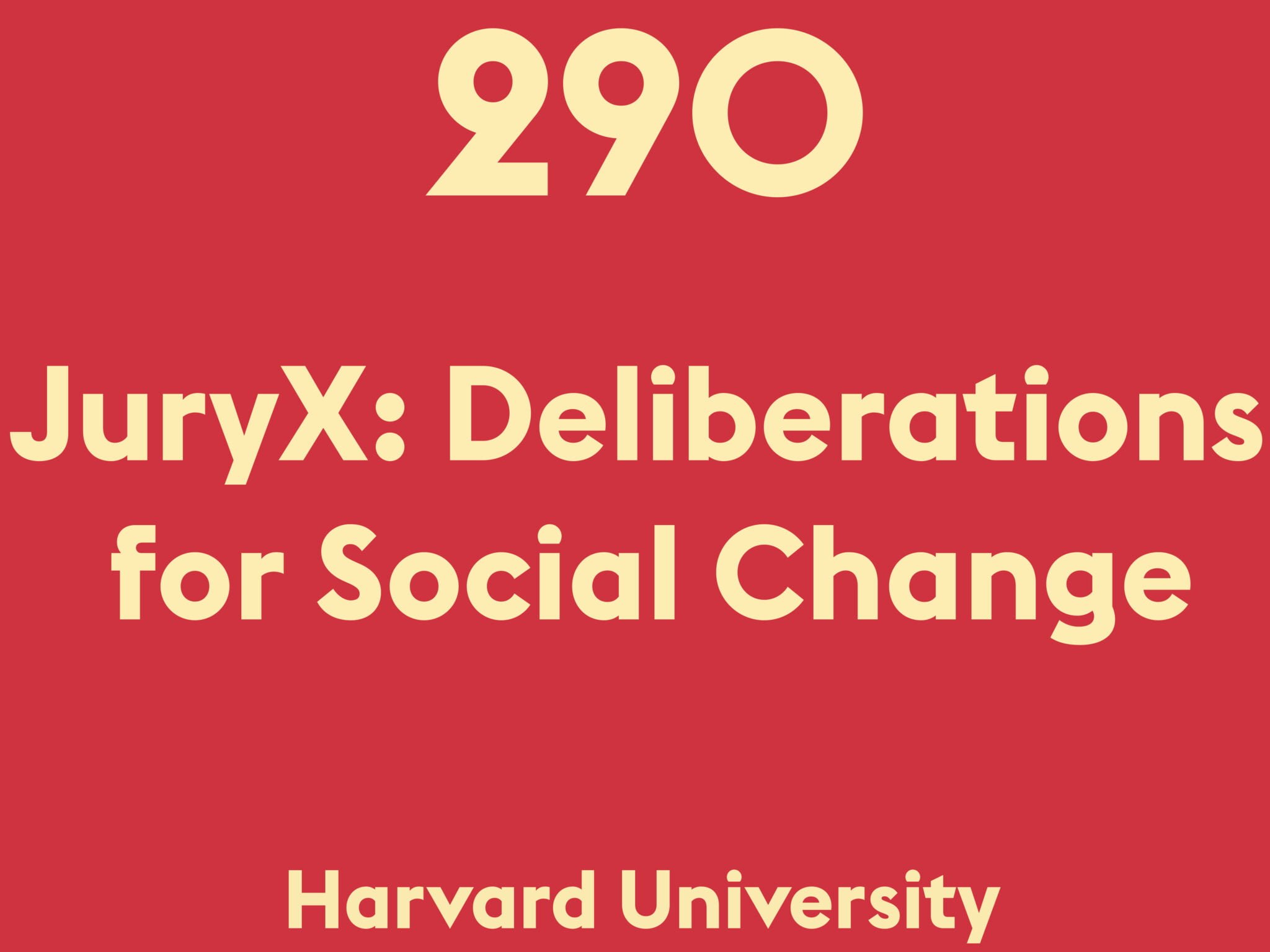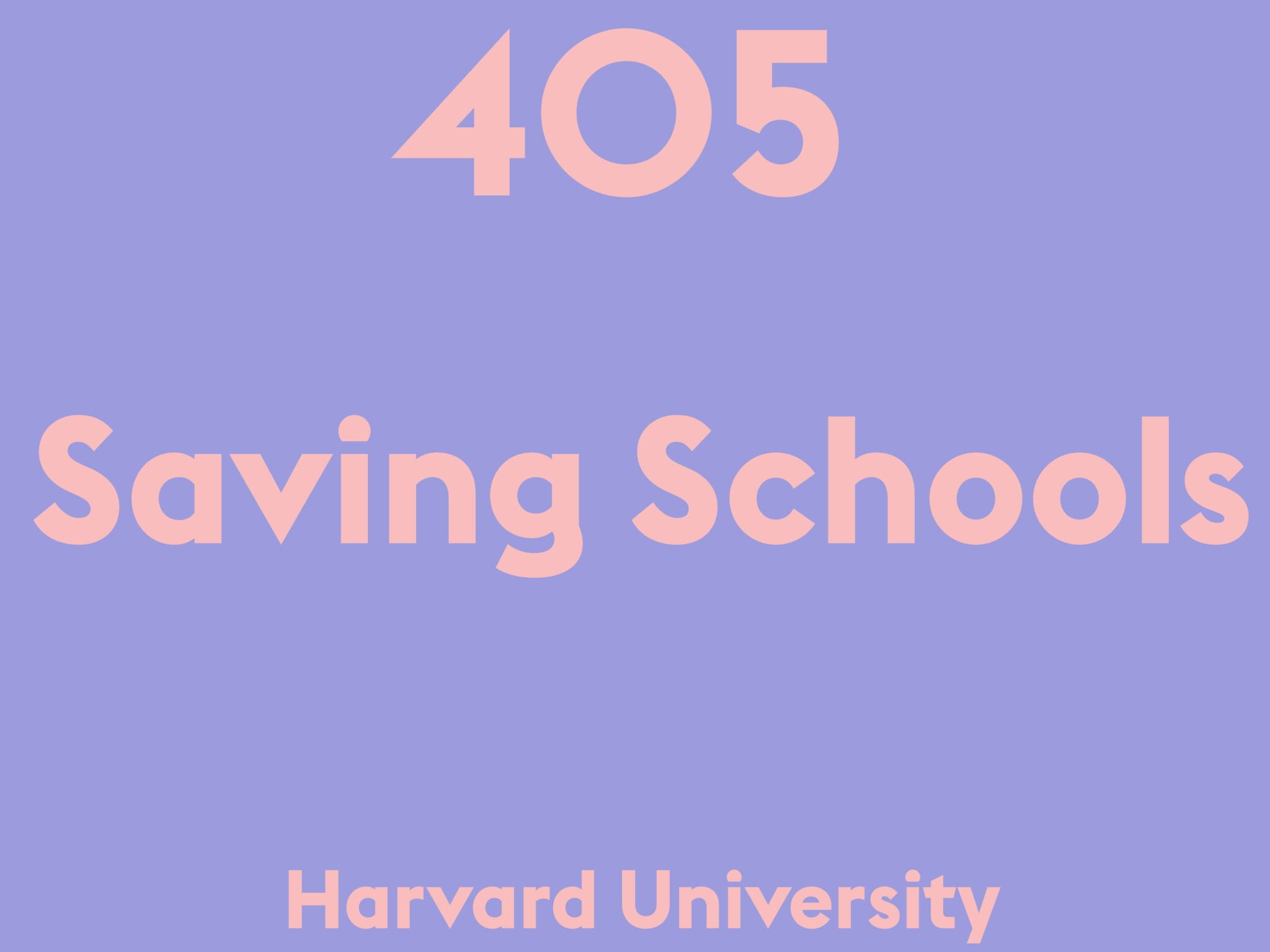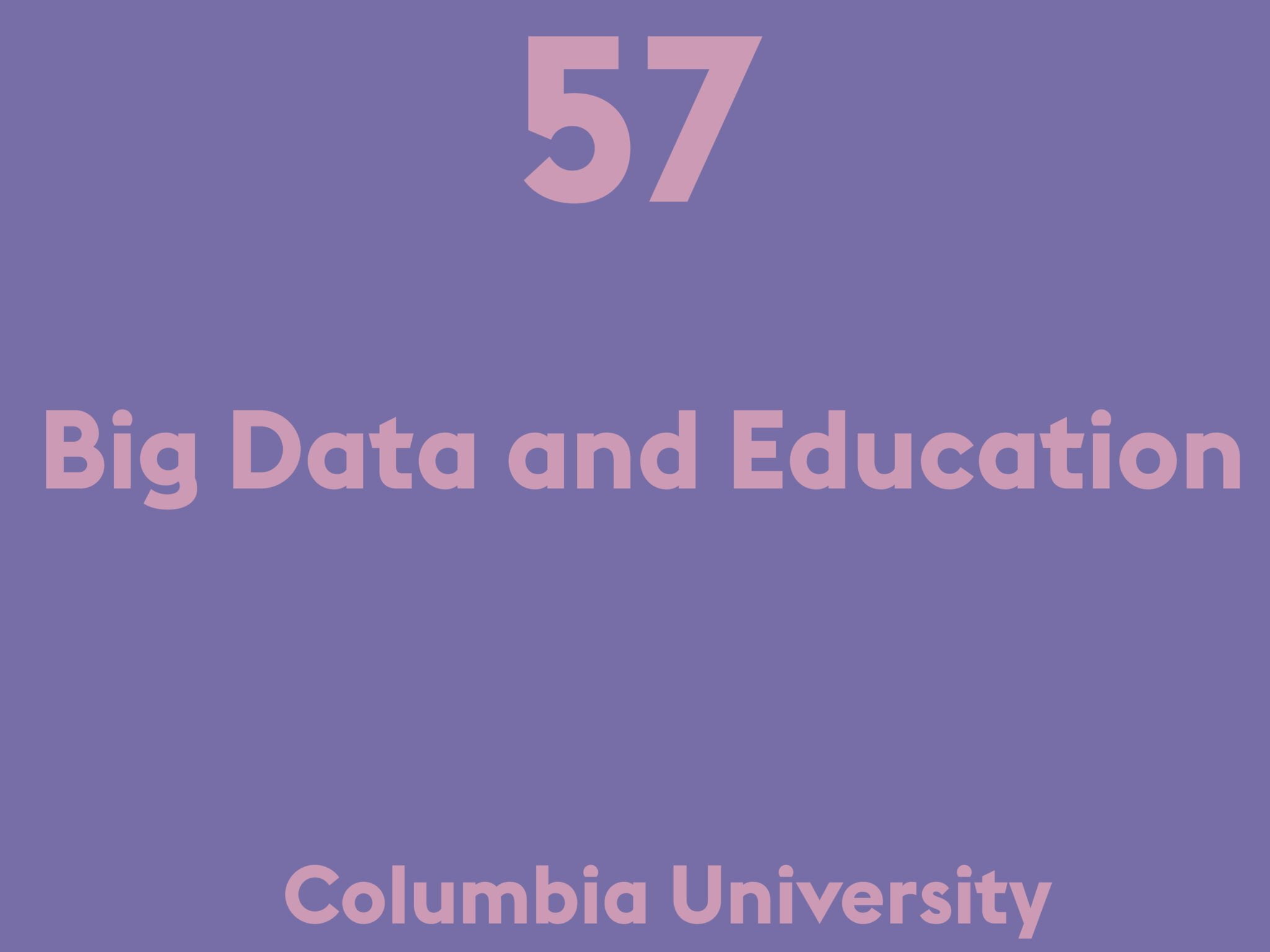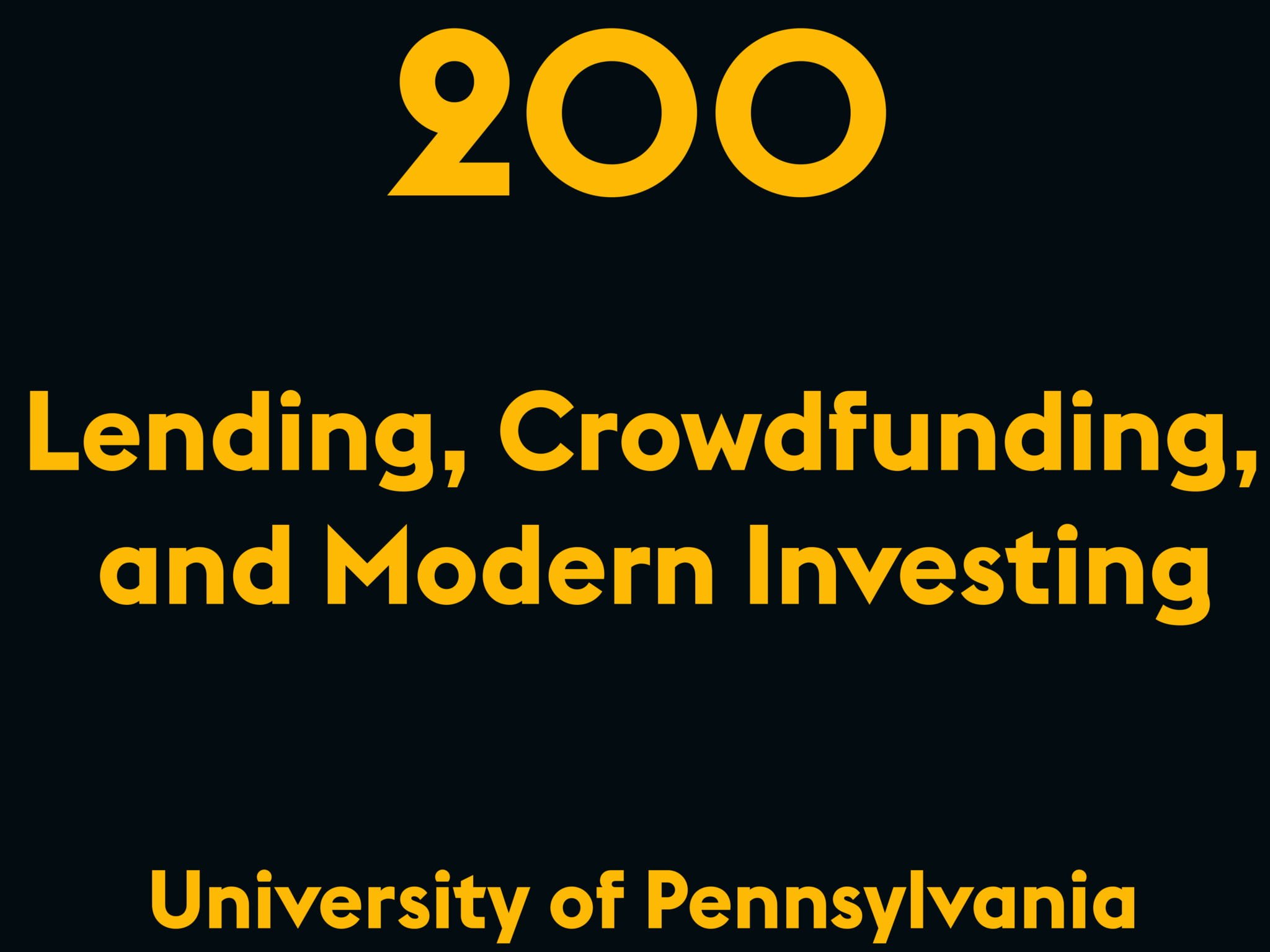Today, you are the law.
What does it mean to be a citizen? It means to participate in your society, to connect with others, and to decide, with them, the issues that you face.
It starts with you.
We need to learn to talk civilly with each other about the issues of consequence, but are we capable of learning how to speak together, listen together, and decide together?
In JuryX: Deliberations for Social Change, an experiment in online civic discourse, you are invited to engage with Professor Nesson and others with an understanding that each of us starts from a place of anonymity. Through a series of asynchronous and synchronous online group activities, you will explore a deliberative system by which emotionally charged issues can be discussed.
Although you will learn a bit about the history of jury and even serve as a member of a virtual jury for a mock criminal case, this experiment is about active participation in the deliberative process and how you might use that framework to facilitate dialogue within your own affinity group or community.
The program consists of six modules. Each week, you will learn and apply a new step in a system designed to foster meaningful dialogue. Starting with an introduction to the course’s deliberative framework, you will move from a traditional jury-based application to a live social issue unfolding in real time: the Massachusetts referendum for the “Legalization, Regulation, and Taxation of Marijuana.” As citizens of the Commonwealth of Massachusetts deliberate on this issue, so will you and your JuryX peers. What arguments will shape this debate, and what will the final outcome be?
Can we, civilly, discuss an issue like marijuana regulation?
Two synchronous small-group online deliberations will be held using Google Hangout. Participation is optional, but highly recommended.
JuryX: Deliberations for Social Change is, ultimately, about the most fundamental of human interactions: communication. By listening, speaking, persuading, and being persuaded, you will learn about yourself and others.
If you have faith, faith will be given to you.










